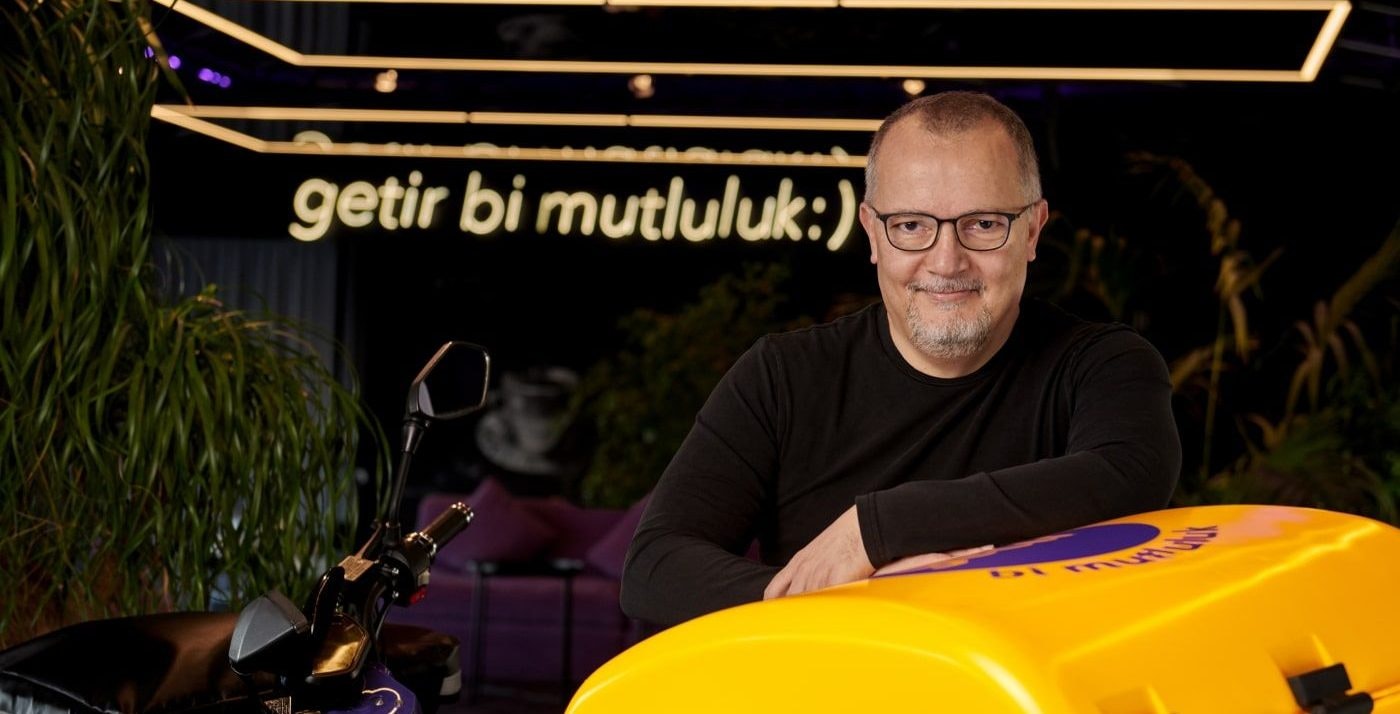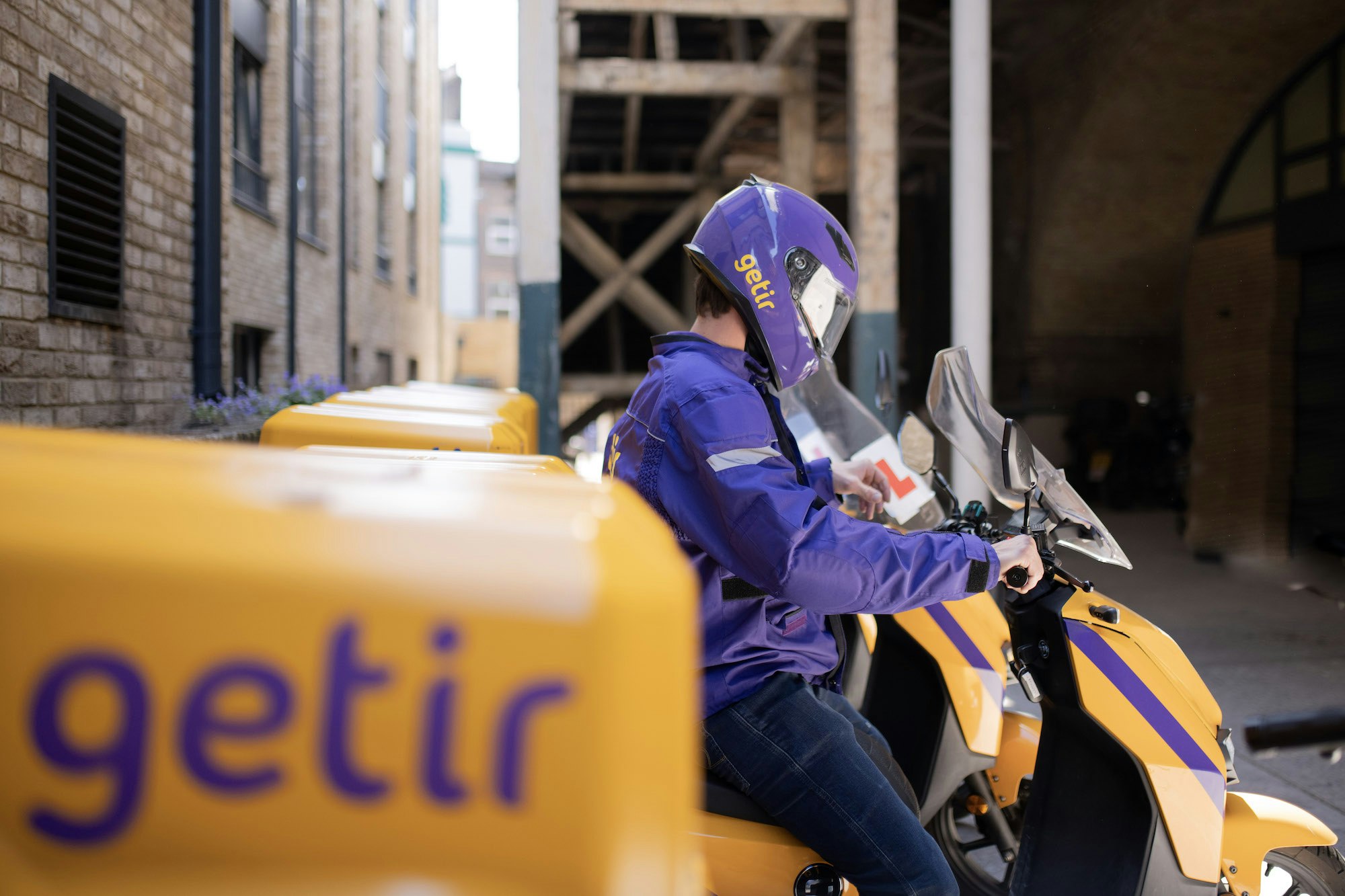Young generations are increasingly postponing or opting out of parenthood and embracing pet ownership instead; millennials make up a third of pet owners in the US, with Gen Z comprising 14% and growing as they age. Those aged 30-44, the millennial cohort, also represent the greatest year-over-year increase in pet-care spending.
These younger demographics view their pets as family members, driving a cultural shift. But their expectations are often thwarted when it comes to accessing amenities, travel and entertainment.
From pet-friendly restaurants to travelling accompanied by pets, brands are evolving to accommodate our furry companions in daily life as consumer expectations evolve.
Building pet-friendly public spaces
George Shelton's company, UK-based Companion Pass, is among those working to create more pet-friendly public spaces.
"Our angle is that you can bring your dog anywhere you could take a young child, provided you can demonstrate the dog is safe, hygienic and well-behaved," says Shelton.
Companies want more pets through their doors, but worry about potential risks like safety, hygiene, and disrupting other customers.
His idea came from volunteering with the charity Pets As Therapy, an initiative in which volunteers bring temperament-assessed dogs into spaces like prisons, hospitals and old people's homes. Shelton was surprised that even though his dog Luna had been approved to enter these sensitive spaces, she still could not accompany him into the supermarket on the way home.
To remedy this problem, Companion Pass offers a temperament assessment for owners and dogs. The evaluation assesses factors impacting behaviour in retail settings, such as how the dog interacts with strangers, other dogs, loud noises and whether vaccinations are up to date. Those who pass receive a yearly Companion Pass, complete with an ID card and dog coat to signal to retailers and fellow customers that the dog is well-behaved.
Retailers played a pivotal role in shaping Companion Pass’ approach. "Companies want more pets through their doors, but worry about potential risks like safety, hygiene, and disrupting other customers,” says Shelton.
As one retailer noted, the most crucial factor in a dog’s behaviour is the owner’s behaviour: the evaluation therefore covers both owner and dog to ensure the owner can control the pet and respect the shared environment.
Finding pet-friendly spaces
Nadia Leguel, founder of UK-based WagIt, was similarly influenced by her experiences navigating the retail landscape as a pet owner. During her tenure at OpenTable and Bookatable, Leguel witnessed the transformative impact of online reservation services for both customers and businesses. However, it wasn't until she adopted her dog Lola that she realised the lack of comprehensive information for pet owners on most online listings.
Both businesses and pet owners should know the etiquette of having dogs in venues.
“Places listed as dog-friendly were rare in the UK, and many only allow dogs outside,” she says. “I created WagIt so dog owners have a trusted site to find all the information they need and won’t be turned away by establishments with inconsistent rules. I wanted to have Lola with me all the time without being limited to the same few dog-friendly places.”
WagIt is an online platform and booking service that connects pet owners with dog-friendly establishments. It offers three packages to businesses: a free basic listing on the site, a marketing boost package with social media promotion and blog features, and a premium package that includes access to the "Dogs in Hospitality" course. This course, developed in collaboration with a regulated training provider, equips hospitality staff with knowledge on the dos and don’ts of accommodating dogs.
"Both businesses and pet owners should know the etiquette of having dogs in venues," says Leguel. "Staff are notified when a customer with a dog is arriving, allowing them to prepare accordingly."
Attracting more customers
Retailers know from experience that welcoming dogs allows businesses to attract a wider, more loyal customer base. 55% of dog owners stay longer in a venue if their dog is with them, and 52% would spend more. In fact, 97% of dog-friendly business owners believe that welcoming dogs has improved business.
This is becoming a bigger issue for younger generations, who really do make big life decisions based on their pets.
“A pet owner will stay with you as a customer longer than a parent will because children grow up and parents’ habits change, but dog parents keep the same habits for longer,” Leguel says. “If you get it right, you get a really loyal customer.”
This holds particular significance for attracting younger customers, a demographic that is driving growth in the industry. Gen Z and millennials are not only more likely to purchase a greater variety of pet products, but also demonstrate a strong preference for online services. Shelton recognises the pivotal role these generations play in shaping the future of the pet market.
“This is becoming a bigger issue for younger generations, who really do make big life decisions based on their pets,” he remarks. Businesses that fail to cater to this mindset may risk alienating an important consumer demographic.
While generational attitudes towards dogs in public spaces may differ, cultural norms and regional customs also play a significant role in shaping the acceptance of pets in various settings. In certain parts of Europe, for instance, it is a common practice for dogs to accompany their owners to both indoor and outdoor establishments.
“In Italy, you can bring an elephant into a restaurant as long as you pay!” jokes Leguel.
Bridging cultural divides
One company working to bridge these divides across borders is Amsterdam-based Pawtrip, founded by Nicole Caba. After getting a dog in New York and subsequently relocating to Amsterdam, Caba gained firsthand experience of the stark contrasts in pet culture between countries, as well as the logistical challenges of travelling with pets.
There are more than 400 pet-friendly airlines, but the experience of booking a flight with your pet is often confusing.
“It opened my eyes to what pet access really means, especially for pet parents who really feel like their dog is part of the family and they don’t want to leave them behind,” Caba says.
In the US, pet-friendly tends to mean the pets can be outside; in France, it can go into restaurants; and in the Netherlands, it can go on the train, according to Caba, whose company has a large customer base across these countries and the UK.
“The more restricted the place, the more need there is for our products,” she adds. Paw Trip’s mobile app is a hub for pet parents to access different travel-related pet care services all in one place, including pet-friendly attractions, hotels and flights.
“There are more than 400 pet-friendly airlines, but the experience of booking a flight with your pet is often confusing,” says Caba, “So we wanted to solve this problem for both airlines and pet owners by building a reservation system that manages pet policies for them.”
Leveraging her experience as a technical product manager working on web applications, Caba has designed Paw Trip's platform to provide customers with a transparent view of each airline's rules, regulations and associated costs for travelling with pets, as well as real-time information on the number of pet reservations per flight.
The app also ranks cities and tourist destinations based on their pet-friendliness, with a community-curated approach that empowers users to recommend new pet-friendly spots and businesses.
“As more pets are travelling every year, improving the customer experience for pet owners will become a bigger priority,” Caba says.
This article first appeared in our monthly Unleashed pet tech newsletter, a collaboration with Purina Accelerator Lab. All content is editorially independent. Sign up to our newsletter here to keep up to date with the latest goings on in the European pet tech industry.



